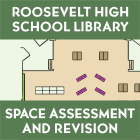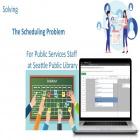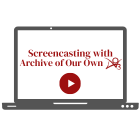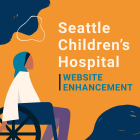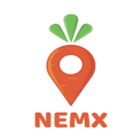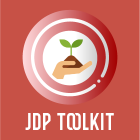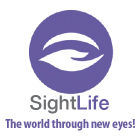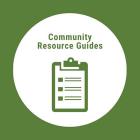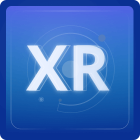
Remote Stroke Rehabilitation on VR
Stroke survivors need constant and effective rehabilitation to restore their life to normal, but not everyone can afford the time and money to visit doctors or care centers. Building a VR rehabilitation product, we bring the medical professionals to patients at home, monitoring their rehabilitation data, connecting doctors and patients online, and providing dynamic advice to speed up their rehabilitation progress. The product makes their rehab experience cheaper and more efficient with AI monitored exercises. With our project, our sponsor Kaspect can work on combining clinical side experience with patient side and begin experimenting with this new experience

